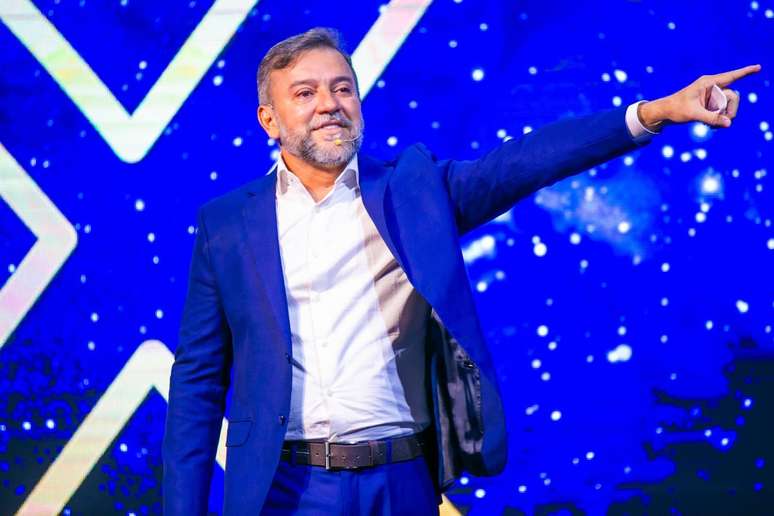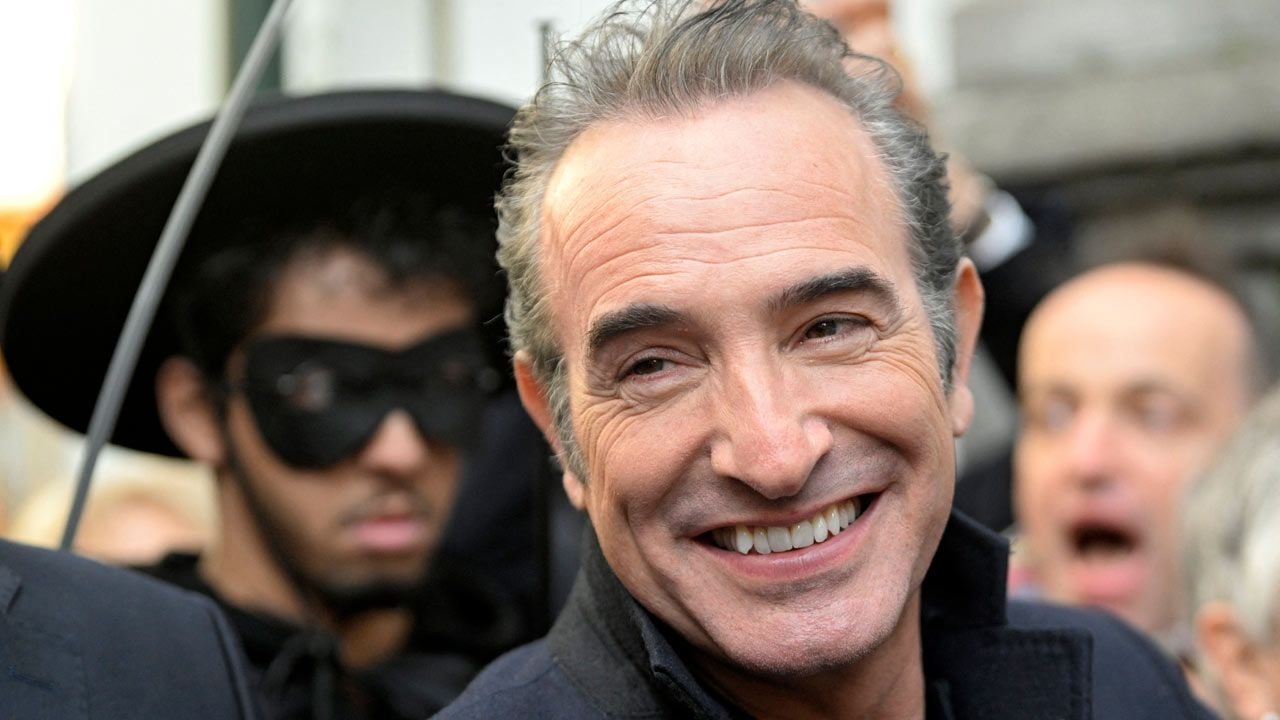Among the most common symptoms there are insomnia, tachycardia, irritability, persistent muscle tension and anxiety episodes
Summary
High -productionivity, often fueled by non -elaborate emotional experiences, can act as an unconscious mechanism of emotional escape, generating symptoms of overload, such as anxiety and insomnia and requires careful treatment to restore balance.
The obsession with productivity has exceeded the limits of a desirable behavioral trait and has been recognized as a phenomenon of mental health. According to Fiocruz data, more than half of Brazilian workers shows signs of chronic mental tiredness, a direct effect of the pressure of performance which, in many cases, approaches a compulsive model.
For the psychologist Jair SoaresDoctoral student in Psychology at the University of Flores (UFLO), Argentina and founder of the Brazilian Institute of Therapist Training (IBFT), excessive productive behavior can act as an unconscious strategy of emotional avoidance. “The compulsion for productivity is often not related to ambition or efficiency, but with mechanisms of psychic emotional escape. Many people use work and control as a way not to contact deep emotional wounds. It is socially accepted anesthesia,” he says.
Hyper -production, explains Soares, acts as an emotional defense mechanism. Without realizing it, the individual transforms his routine into a shield against anxiety and fear of emptiness. “Productivity deputy consciously originates in the past experiences of devaluation, refusal or need for approval. When these memories are not processed, they shape the behavior of adults and generate constant urgency for validation through the fact,” says the psychologist.
The body, in turn, tends to demonstrate the signs of the overload. Among the most common symptoms there are insomnia, tachycardia, irritability, persistent muscle tension and episodes of anxiety. A survey of the Brazilian Association of Psychiatry shows that cases of anxiety disorders grew between 25% between 2020 and 2023.
Even with the end of the restrictions imposed by the pandemic, many individuals maintain mental operation on the maximum warning.
“It is common for those who live this model to receive compliments for their efficiency. But behind performance, there is a mind similar to the mind that has learned to associate relaxation with risk. These people do not stop because they emotionally believe they cannot do it,” says Soares.
As a therapeutic approach, the psychologist applies generative portraction therapy (TRG), a method developed alone, focusing on the renovation of memories that support compulsive behaviors. “The method acts with portment, not with resignation. The goal is to allow the body and the brain to recognize that this pain of the past must no longer be avoided. When this happens, the urgency loses strength and productivity becomes a choice, not a prison”, explains the expert.
For Soares, the warning is simple. “The new deputy of the century is not in the substances, but in the behaviors that we normalize. Excluded productivity is an attempt to manage the pain that has not been listened to. And this must be treated with the same attention as any other emotional dependence,” he concludes.
Source: Terra
Ben Stock is a lifestyle journalist and author at Gossipify. He writes about topics such as health, wellness, travel, food and home decor. He provides practical advice and inspiration to improve well-being, keeps readers up to date with latest lifestyle news and trends, known for his engaging writing style, in-depth analysis and unique perspectives.








